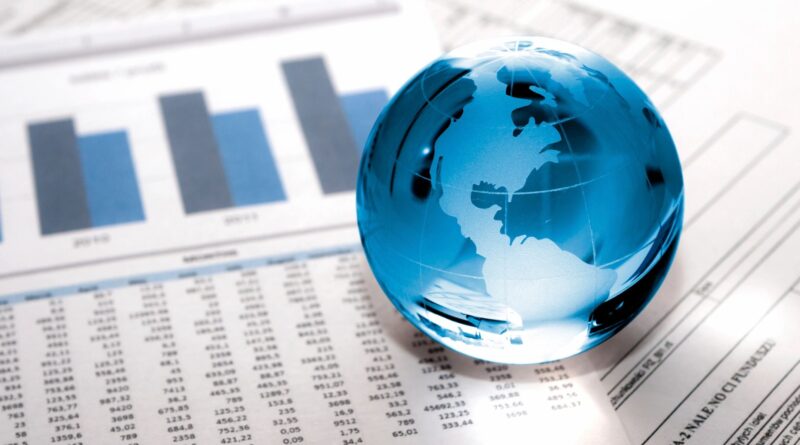Turkey reels between the lira's fall and inflation at almost 70%
Turkey in an inflation trap, which surprises negatively and pushes the lira even lower.
The nation's year-on-year prices rose 67.07% in February, beating expectations and maintaining pressure for tight monetary policy amid sharp increases in food, hotel and education prices, official data showed on Monday.
In this context, the lira is at an all-time low against the dollar.
Yesterday the currency was traded with a peak of 31.59 against the greenback while today the exchange rate also touched the 31.75 level.
Such a weak currency exacerbates, among other things, inflation itself.
All these numbers have once again fueled concerns that Turkey's central bank, which last month signaled an end to its eight-month rate-hiking cycle, may have to start tightening money again.
Turkey is therefore sailing in troubled waters when it comes to economic recovery.
Analysts point out that Turkish politicians want to avoid raising rates again, especially ahead of the country's March 31 local elections.
However, the continuing rise in inflation could force them to raise them again after the vote.
Turkey, skyrocketing inflation Inflation in Turkey continued to grow at a faster pace than expected.
The headline consumer price index (CPI) jumped 4.5% in February, higher than the median estimate of 3.70%.
On an annual basis, the increase was 67.07%, higher than the estimated 65.74% and 64.86% of the previous month.
Restaurants and hotels led the increase, up 94.5%, followed by a 91.8% increase in education prices.
The most relevant foodstuffs and non-alcoholic drinks increased by 71.1%.
Economists said February inflation was also driven by the lingering impact of this year's minimum wage increase in the services sector.
Shortly before the data release, Finance Minister Mehmet Simsek told local broadcaster BloombergHT that inflation would remain high in the coming months due to base effects and the lagged impact of rate hikes, but would fall over the next 12 months .
The central bank, which delivered a total of 3,650 basis points of rate hikes in eight stages, left its benchmark unchanged at 45% in February but said policy could be tightened “in case a significant and persistent deterioration in the inflation outlook”.
According to their latest outlook, policymakers expect inflation to peak above 70% in May and end the year at 36%.
With these data, according to financial analyst Crispus Nyaga, these numbers mean that the Central Bank of the Republic of Turkey still has a lot of work to do as prices are not falling as expected.
and inflation will likely be a challenge for the coming months.
More importantly, the data indicates that the CBRT has more room to raise interest rates.
The problematic point is that they remain much lower than inflation.
As a result, a person who has saved and receives full interest continues to lose money in real terms.
In this case, they are losing about 22% due to inflation.
The lira in free fall? High inflation is also linked to the weakness of the Turkish lira.
The currency has lost 40% of its value against the dollar over the past year and 82.6% over the past five years.
This is due to a number of factors, in particular the effects of the pandemic, political unrest and Turkey's “unorthodox” monetary policy.
Although he has since changed his stance, President Recep Tayyip Erdoğan has long pressured Turkey's central bank to cut borrowing costs, controversially arguing that low rates help fight inflation.
“The policy we are implementing now makes the lira attractive,” Şimşek said in an interview with Bloomberg HT television on Monday.
Although some analysts predict continued currency weakness after the March 31 elections, in which President Recep Tayyip Erdogan's ruling party will try to take back the big cities now in opposition, Simsek stressed that the authorities do not want either a depreciated lira nor very precious.
The Turkish lira dollar exchange rate remains under the spotlight of investors, especially foreigners, but also of citizens and analysts.

